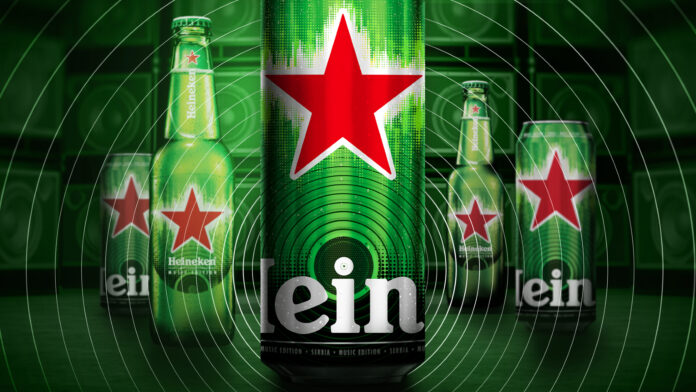Brewing company Heineken has appointed Siemens to deliver a digital twin and monitoring system to map and track progress towards its net-zero production targets at 15 international beer breweries and malt houses by 2025. The project is part of the Dutch firm’s broader decarbonization goals, to reach net-zero across all of its global production sites by 2030 and its full value chain by 2040. Heineken noted Siemens’ commitment to “pioneer and localize next-generation solutions”.
The facilities are in Asia-Pacific, the Americas and Europe. Siemens said the purpose-built digital twin solution will present a simulation model of energy consumption at 15 plants, initially, to flex with live production inputs and model developing strategies and innovations. It said the scheme will help Heineken to track and “deliver” significant energy savings, including a 50 percent reduction in its CO2 emissions at the sites. The point about ‘localisation’ implies a local or regional edge focus.
The contract with Siemens is a five-year “performance and monitoring service” deal to “ensure ongoing project optimization” of its energy usage, focused on heating and cooling requirements in production and packaging processes. Siemens will help to direct sundry IoT sensing and AI sense-making schemes as part of the deal; it will deploy solutions from its Xcelerator portfolio of home-made and third-party software and hardware apps.
The digital twin is “scalable”, along with “end-to-end solutions” based on the Xcelerator ecosystem, it said; additional sites will be added in a second phase. Siemens has already delivered consulting, auditing, and advisory services, and developed a digital twin to analyze a typical brewery and identify where savings can be made. It said it will electrify the production of heat and cooling using heat pumps powered by renewable energy to reduce reliance on steam from fossil fuels.
Siemens stated: “The simulation showed approximately 70 percent of energy use was linked to the generation of heating and cooling necessary for the brewing process. By optimizing and monitoring these cooling and heating systems through an end-to-end program, Siemens estimates energy savings of between 15-20 percent at each site, and an average CO2 reduction of 50 percent at each site.”
The five-year monitoring deal will connect breweries to Siemens’s own systems, presumably centraised in-market (as per the note about ‘localisation’, above) – “which use data services to remotely monitor the sites”. Heineken’s decarbonisation roadmap aims for a net-zero footprint in Scope 1 and 2 by 2030 in its production sites and by 2040 in its supply chains – delivering 90 percent emissions reductions, with 10 percent covered by carbon removal and storage.
Heineken claims to have reduced total carbon emissions on Scopes 1 and 2 by 18 percent since 2018 by increasing renewable electricity consumption to 58 percent; it is currently investing in renewable heat solutions for its breweries, it said.
Dolf van den Brink, chief executive and chairman at Heineken, said: “We must make many bold and ambitious moves to decarbonize our global operations. Undertaking these challenges with partners like Siemens allows us to bring in technical expertise and industry knowledge to innovate quickly and at scale.”
Matthias Rebellius, board member at Siemens and chief executive at the firm’s smart infrastructure division, commented: “This [is] a thoroughly modern approach to data-driven decarbonization. By collaborating on an end-to-end program, we’re able to combine hardware, software and analytics to predict and deliver the long-term results which are now crucial to every industry.”

